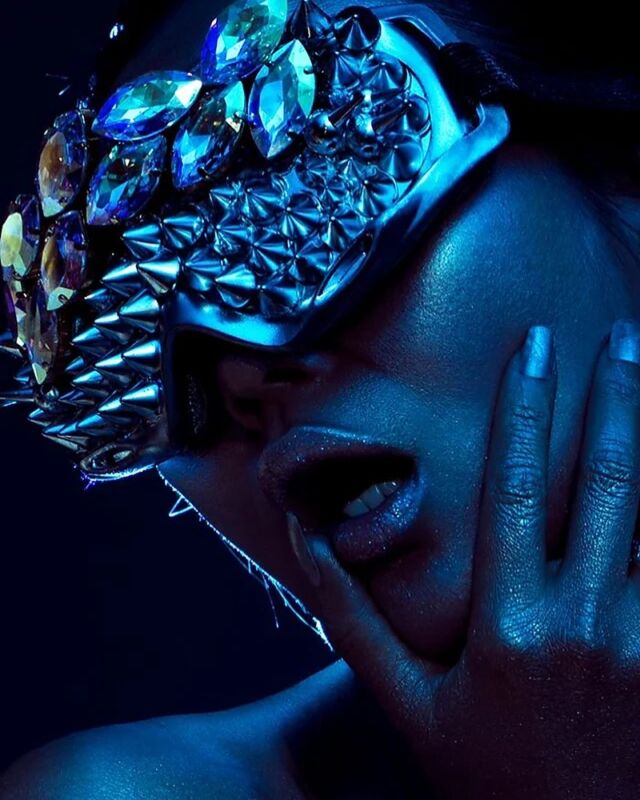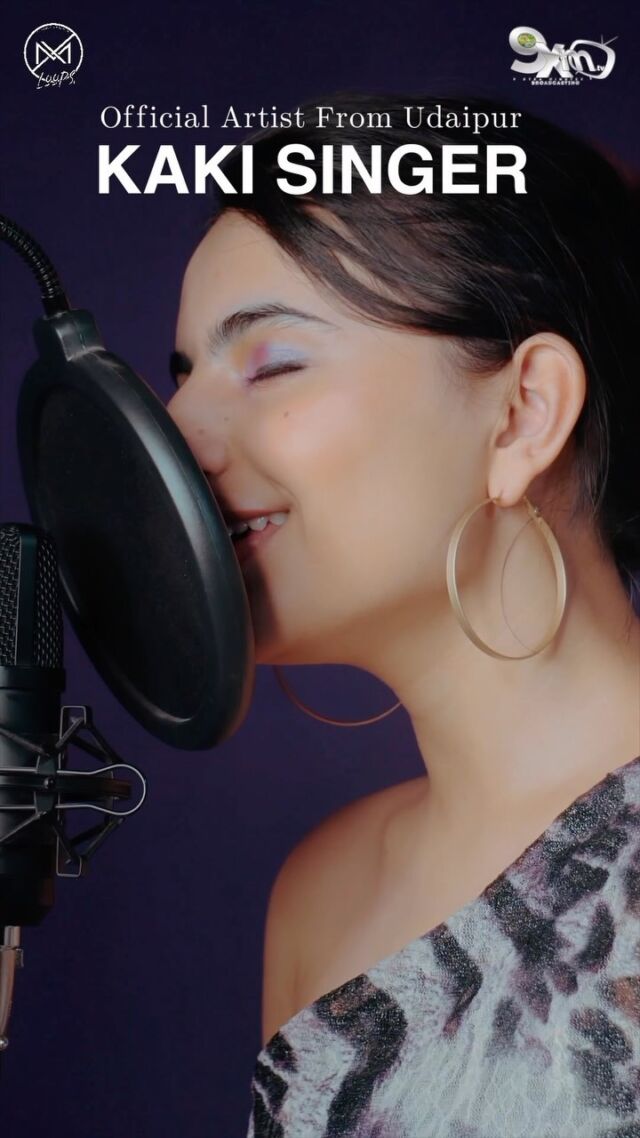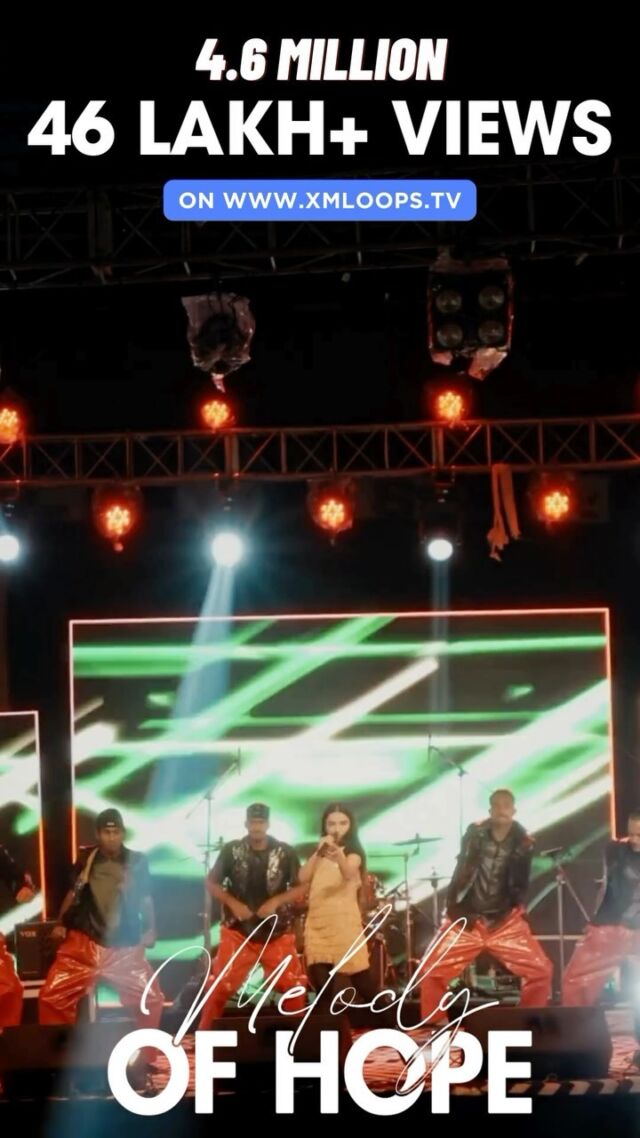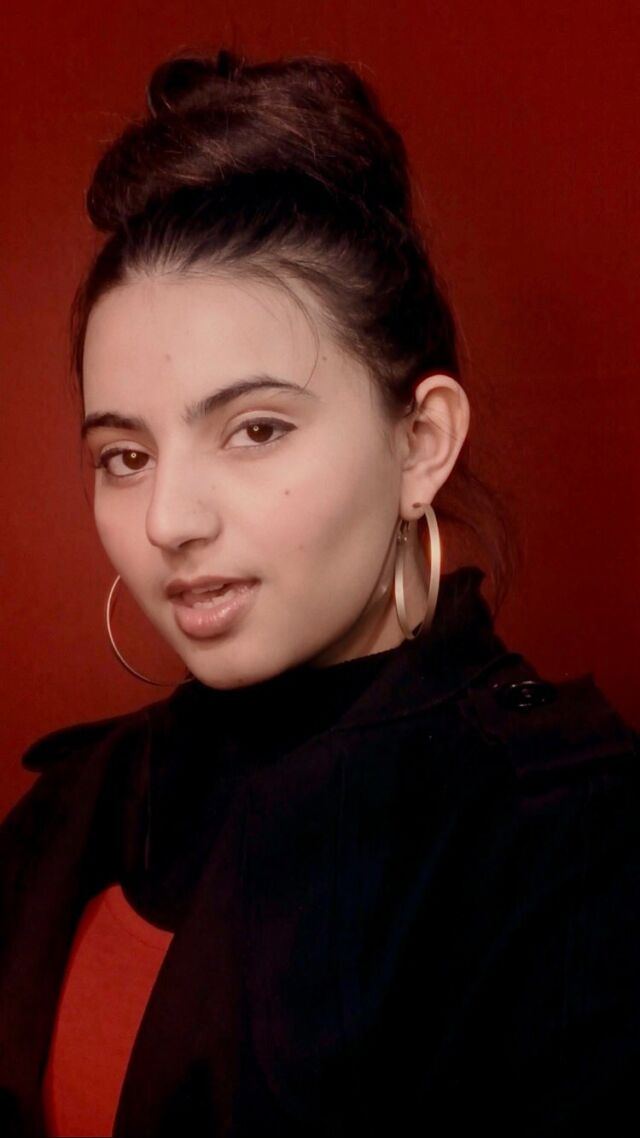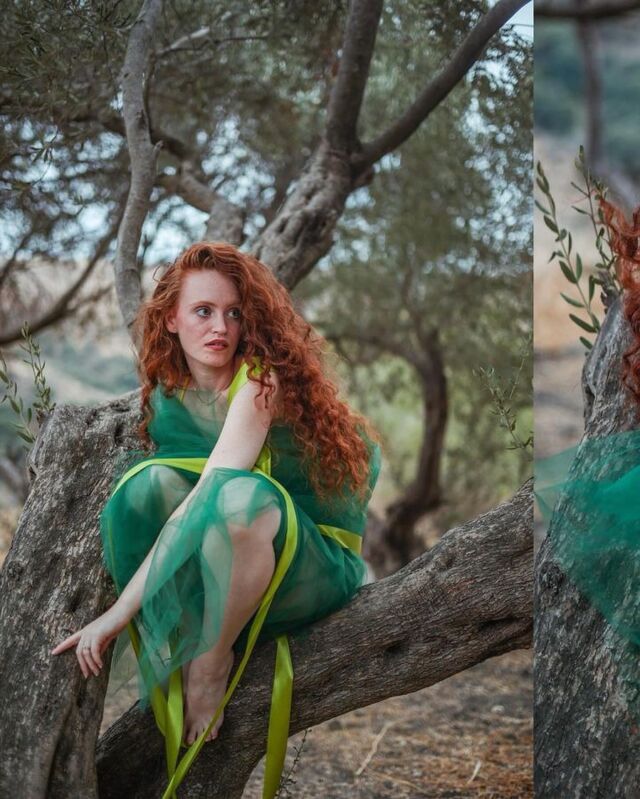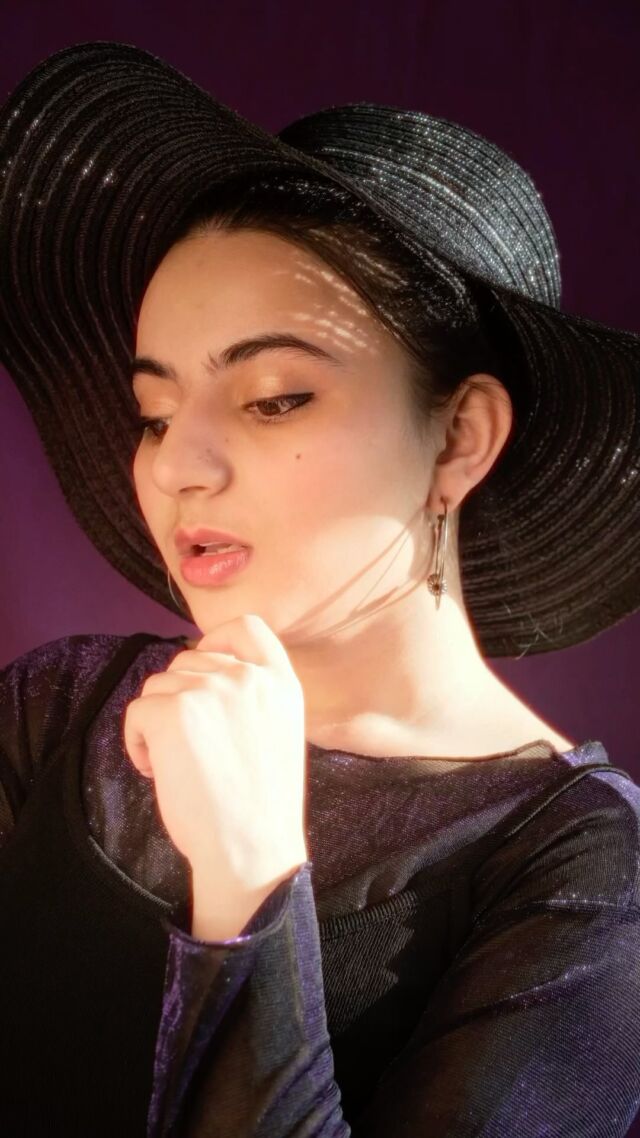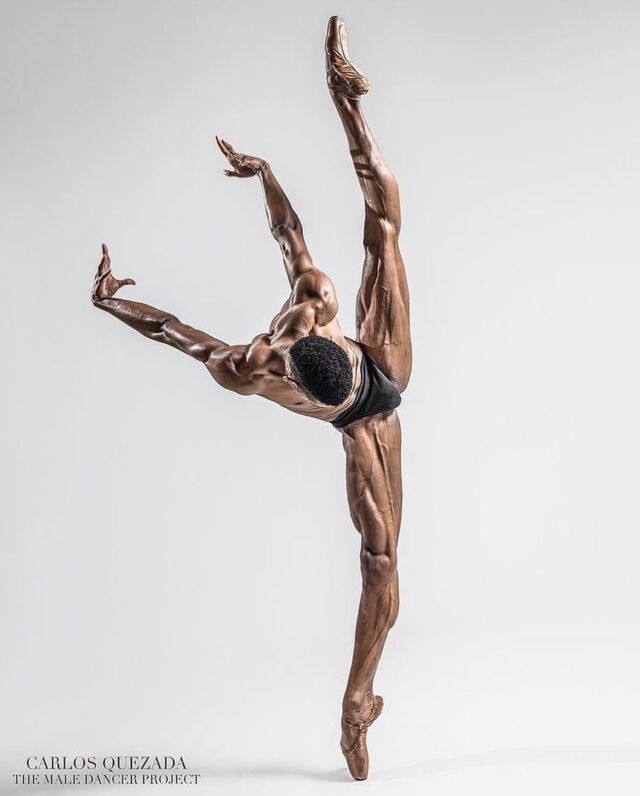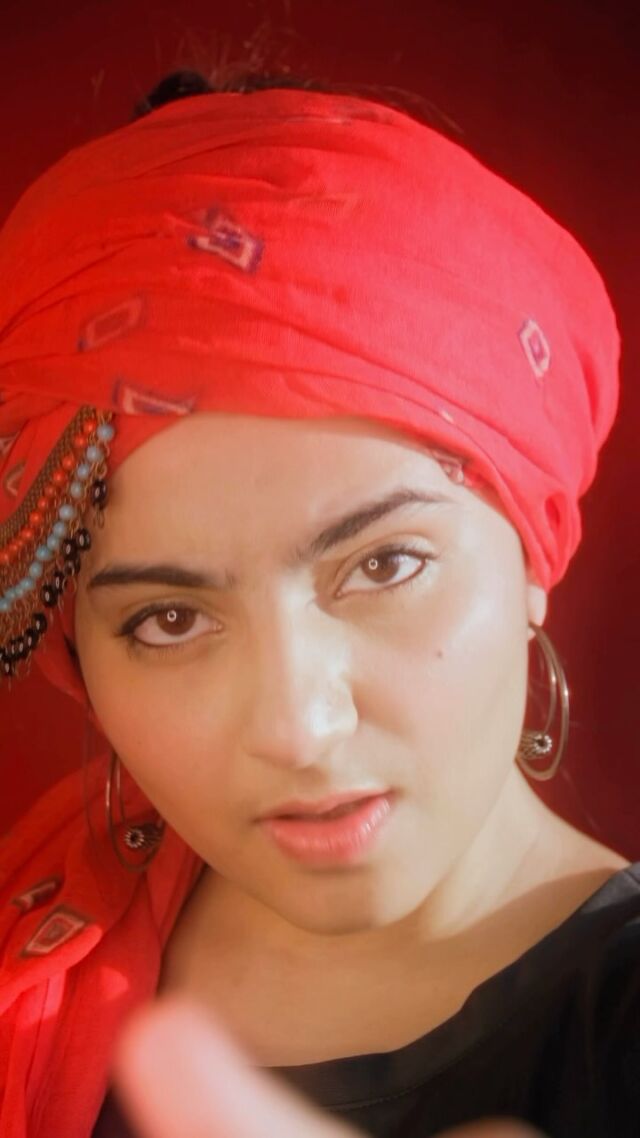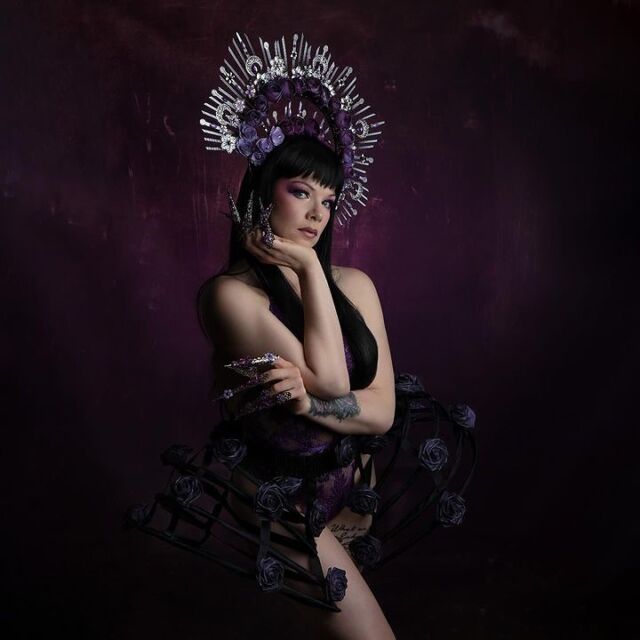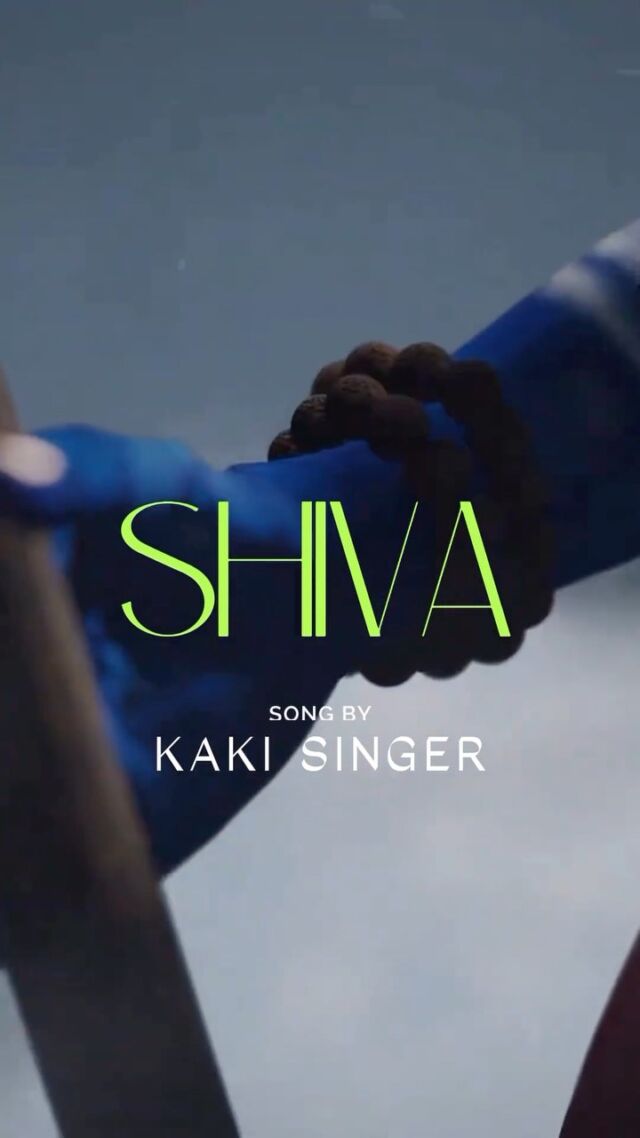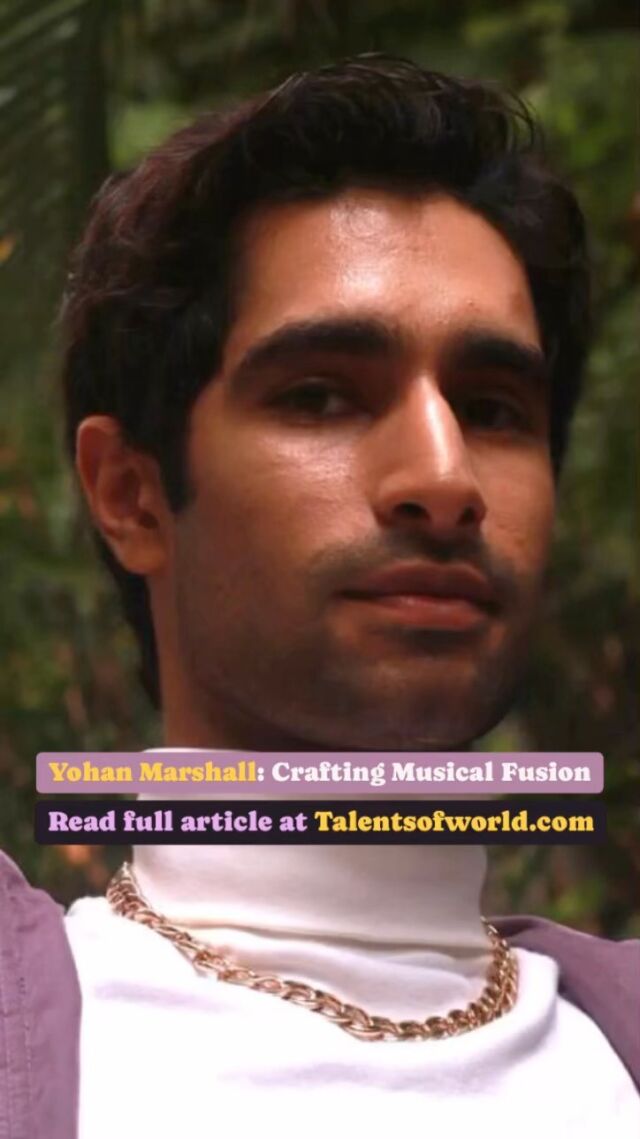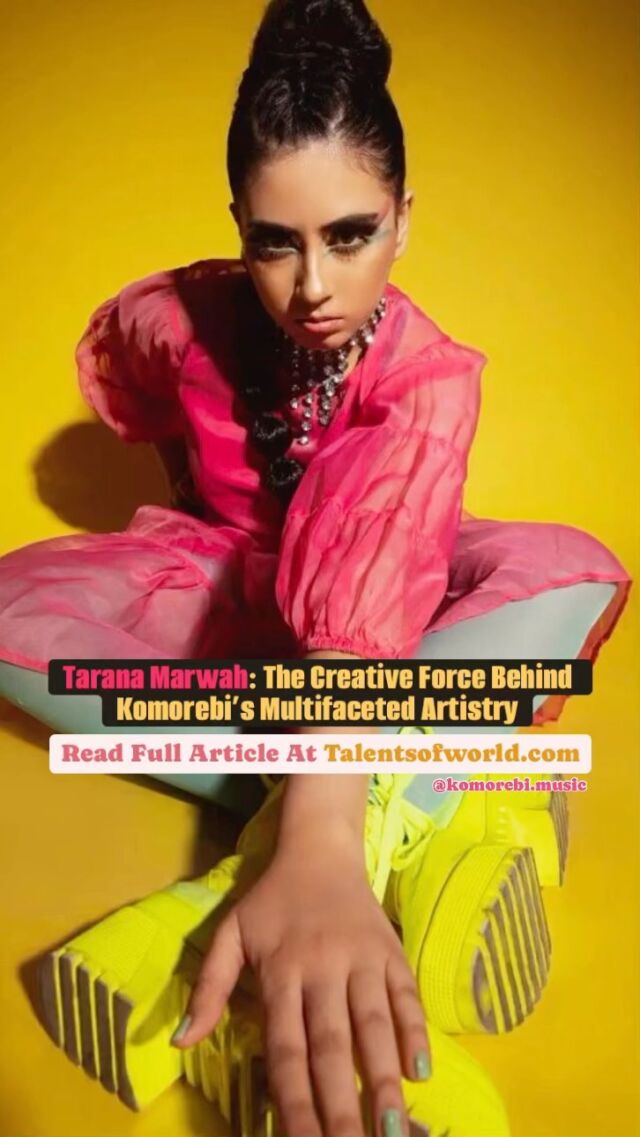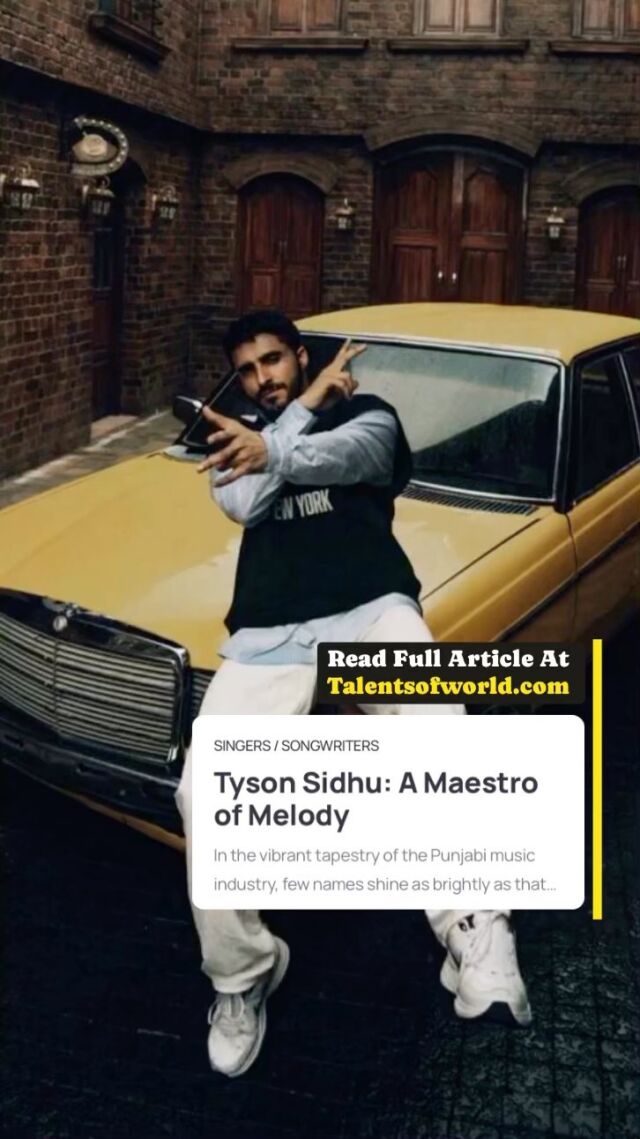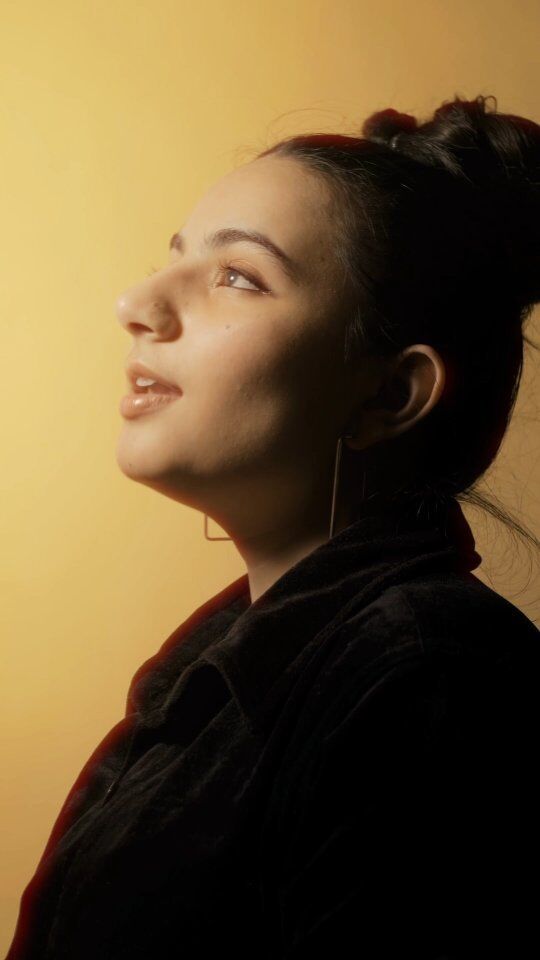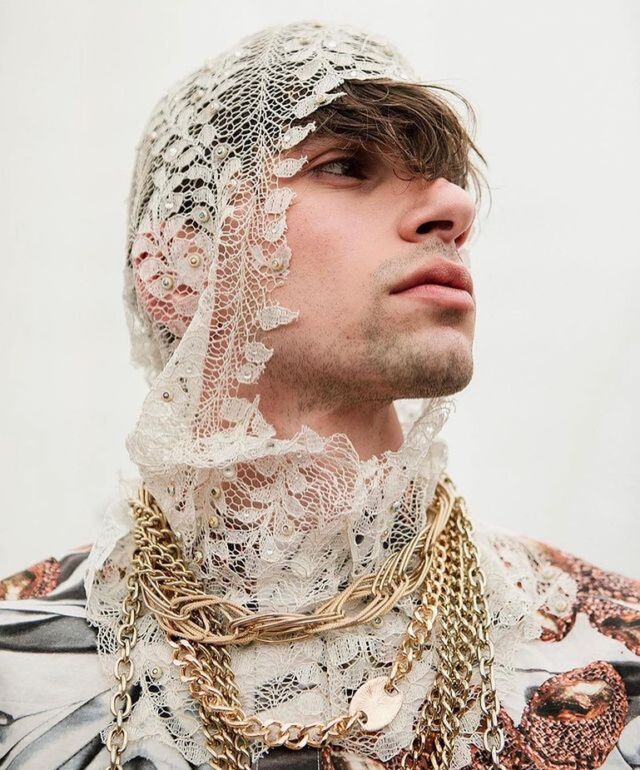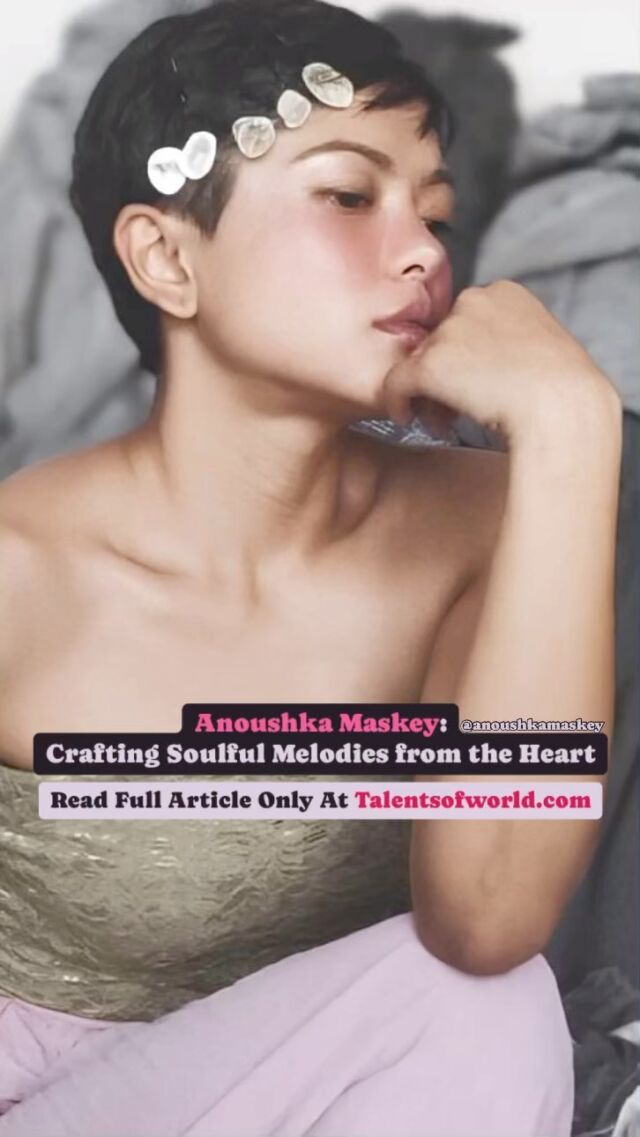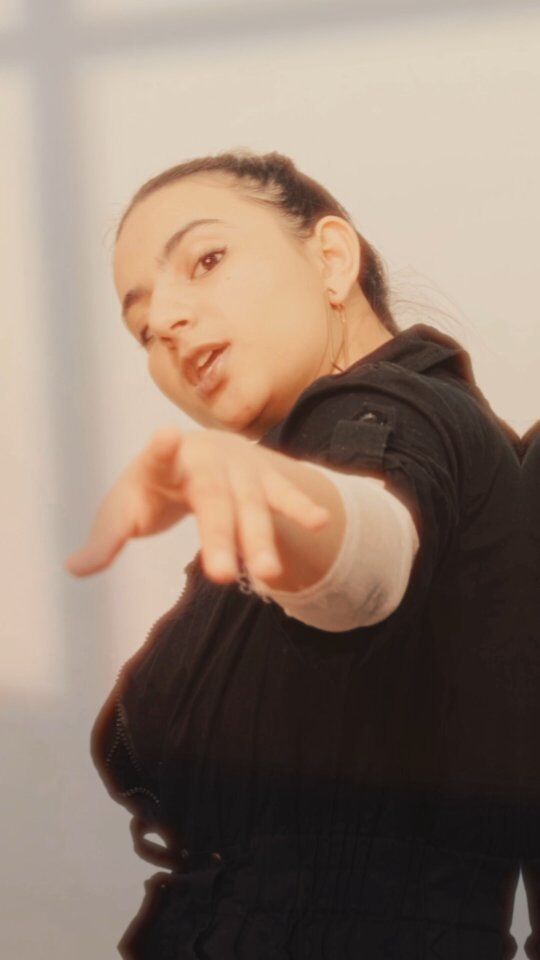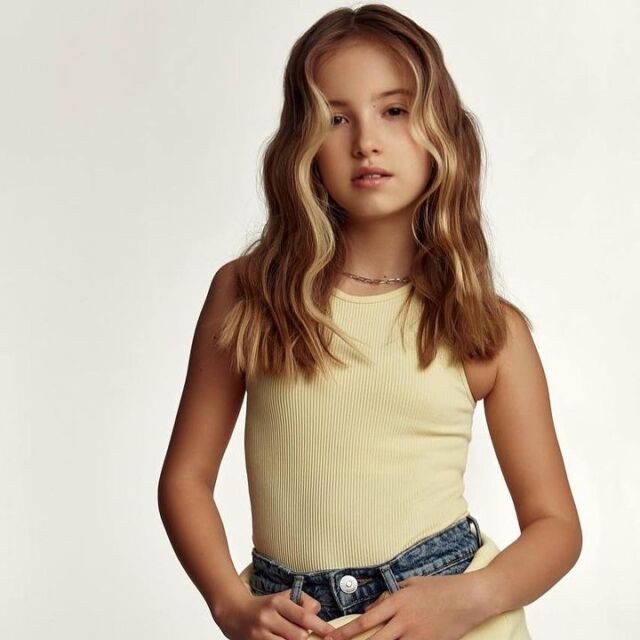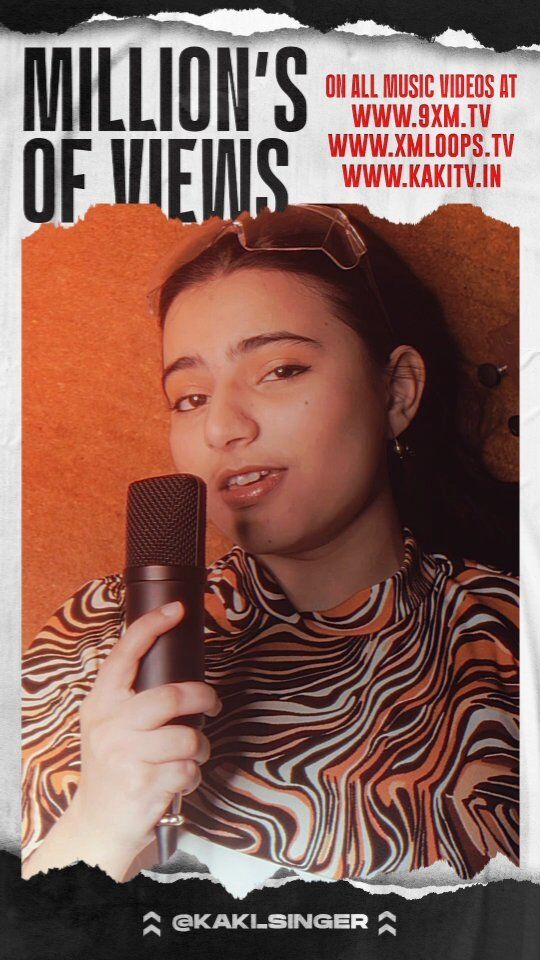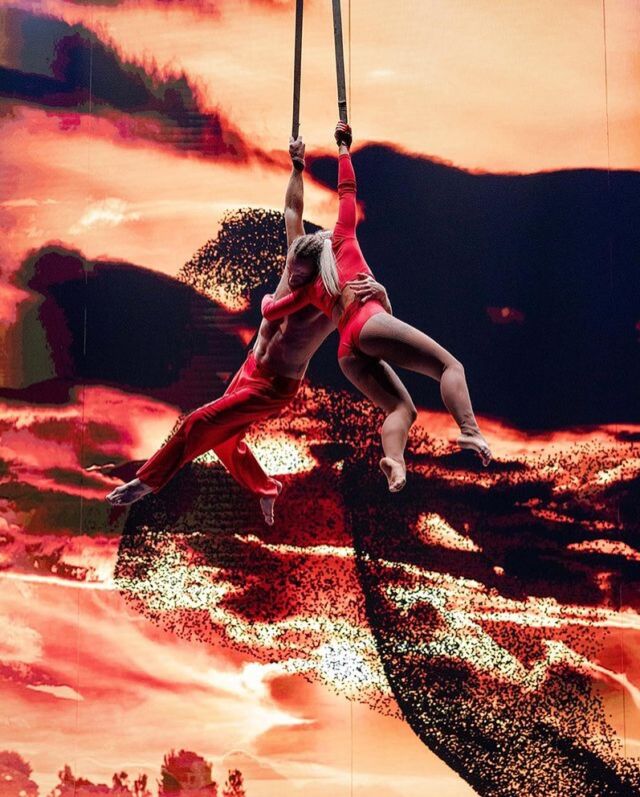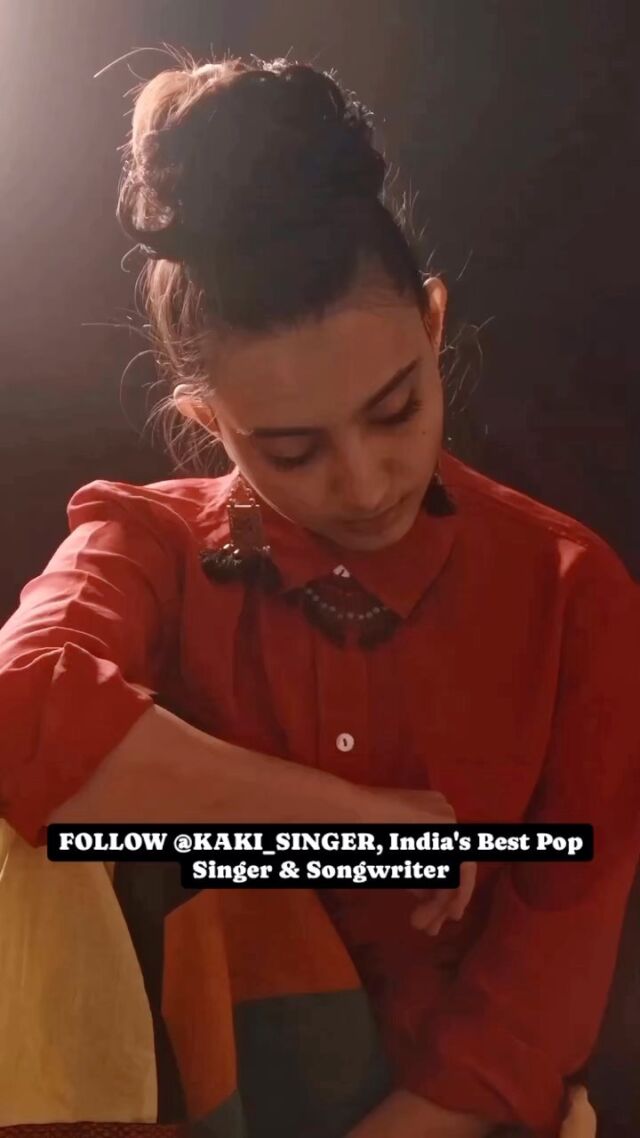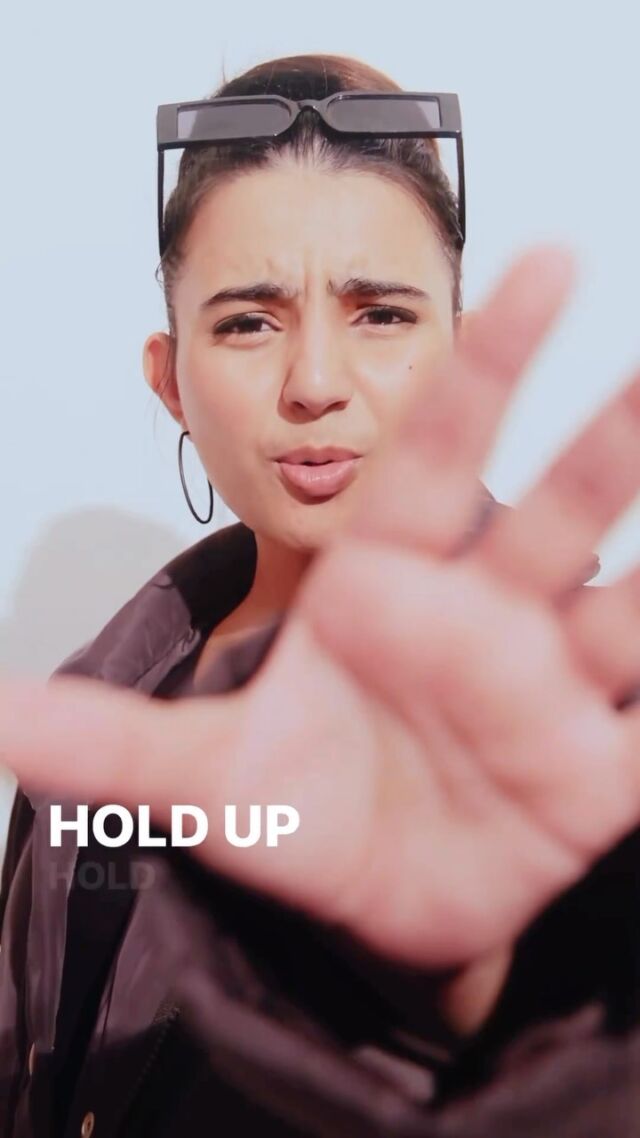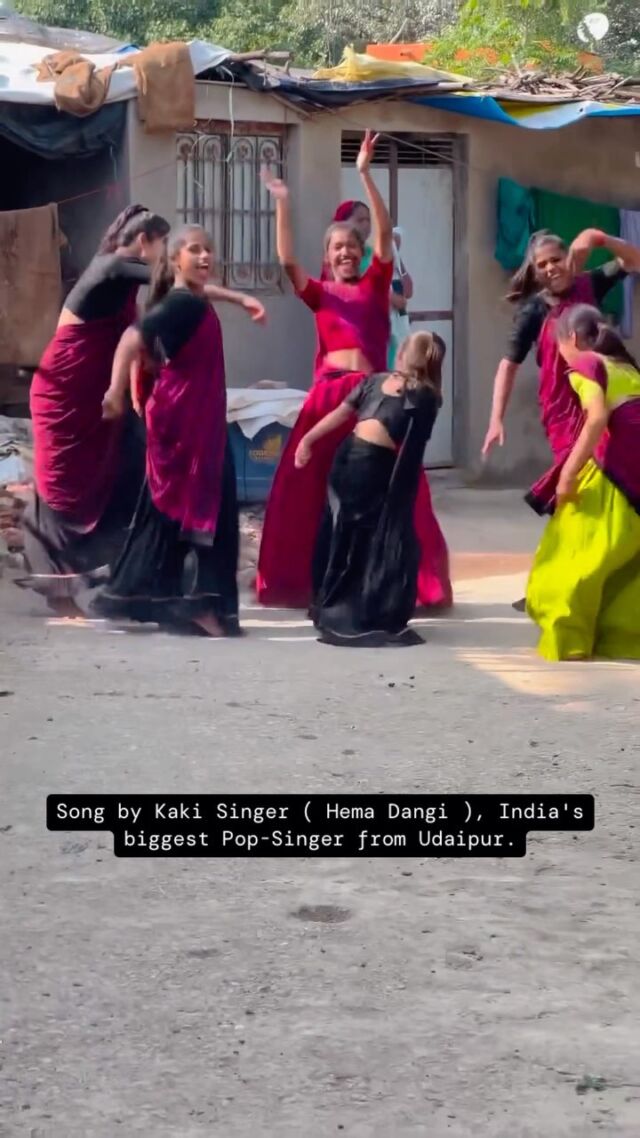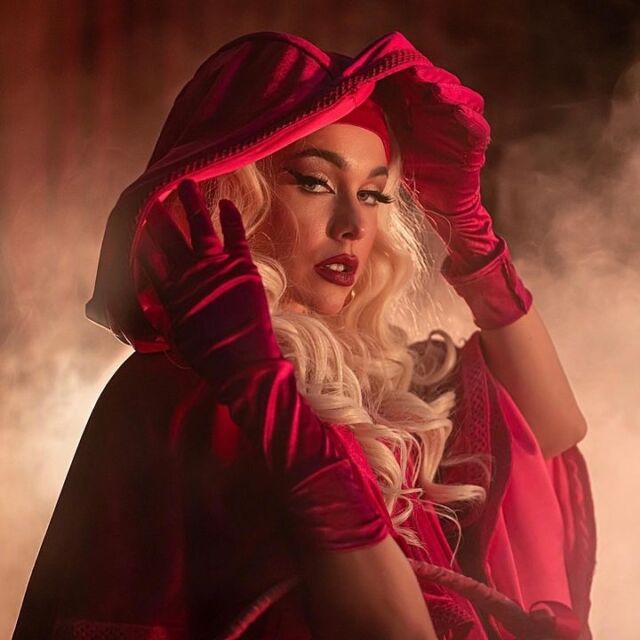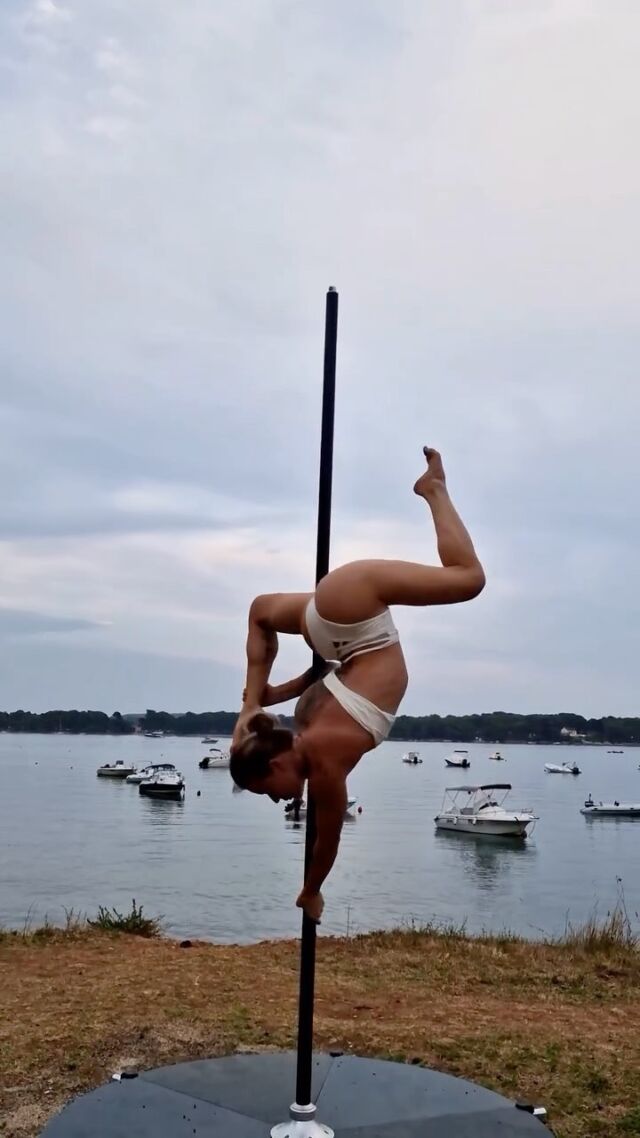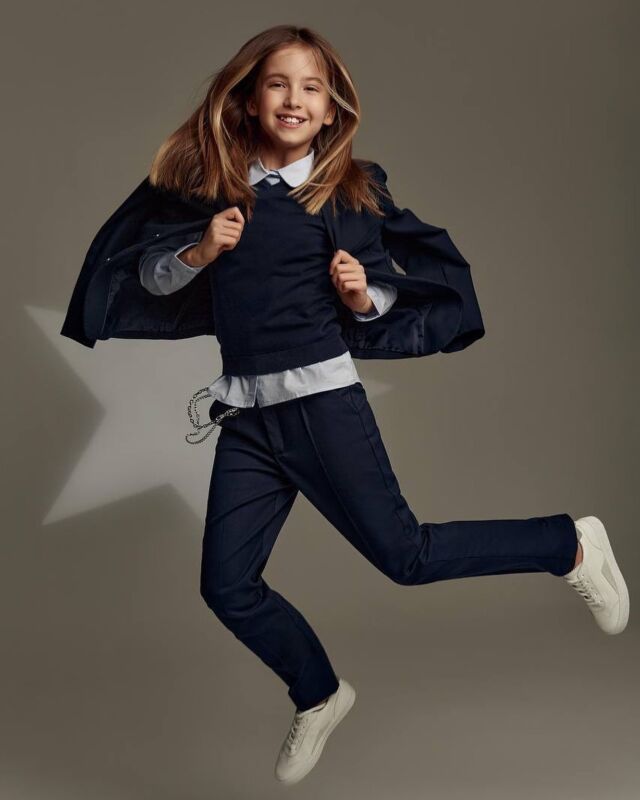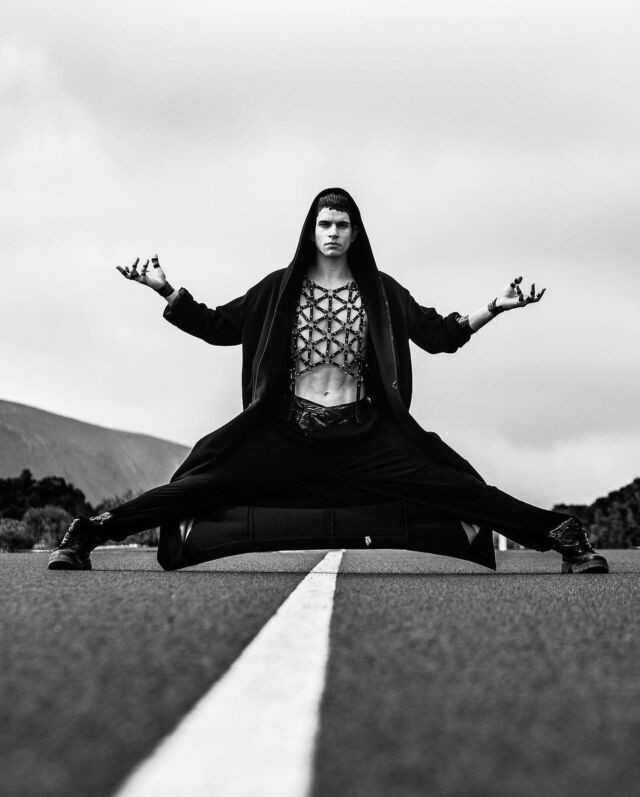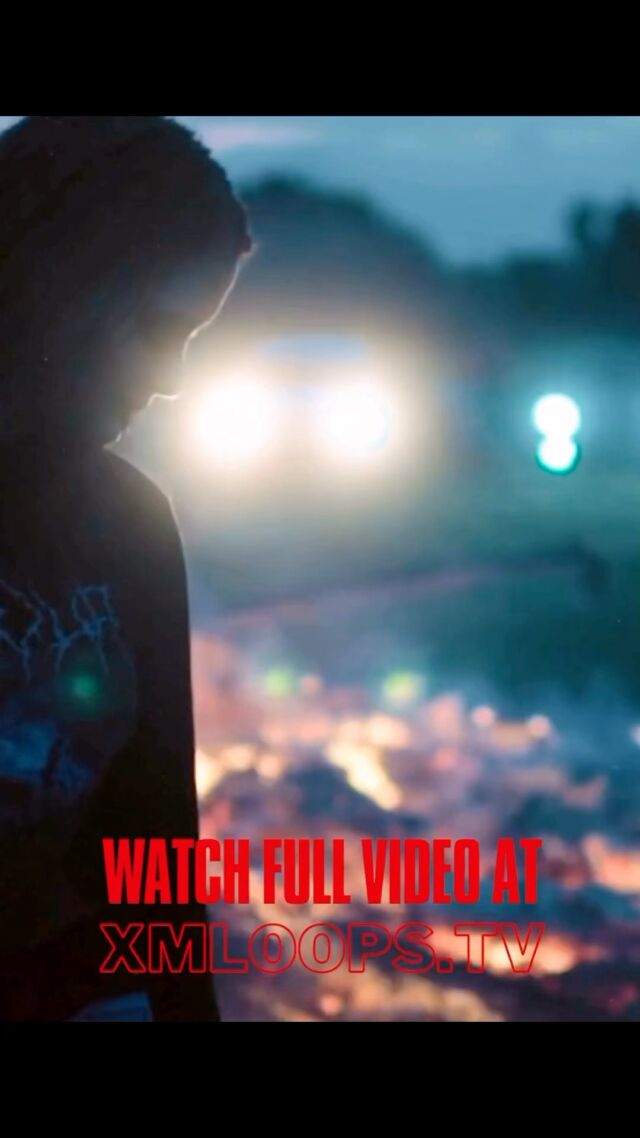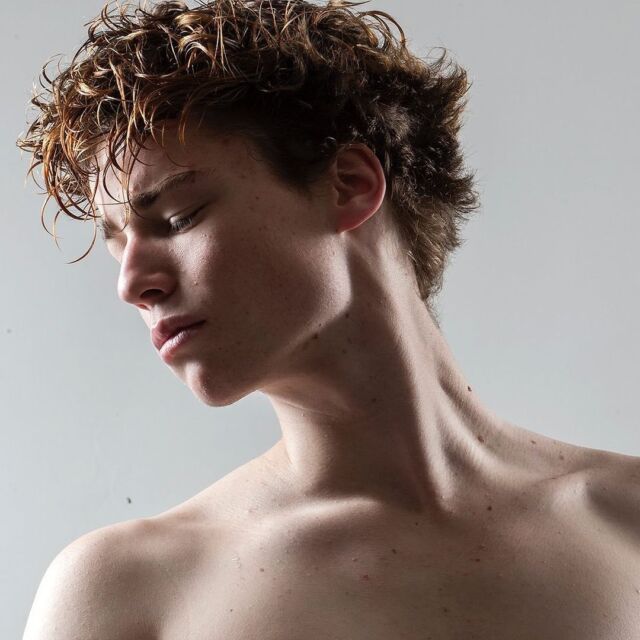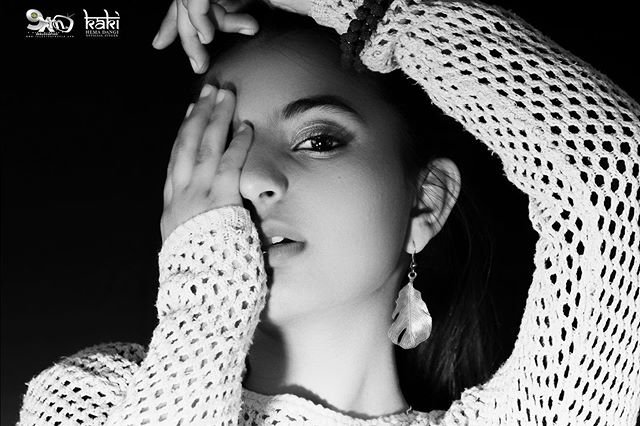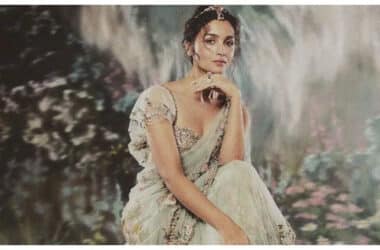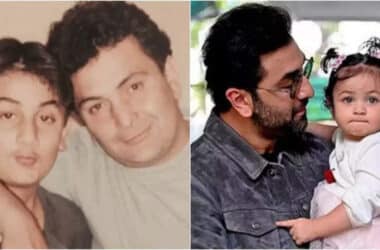Broadway shows usually come with a back story about the yearslong slog it took to get them there. Not so with Heidi Schreck’s new translation of Chekhov’s “Uncle Vanya,” which arrived at Lincoln Center Theater’s Vivian Beaumont Theater not even 12 months after its inception.
Directed by Lila Neugebauer, it is Schreck’s first Broadway show since “What the Constitution Means to Me,” in 2019, and the ensemble is a starry one. Steve Carell is making his Broadway debut as Vanya, who believes he has wasted his life running a provincial estate and its farm alongside his niece, Sonia, played by Alison Pill, to support Sonia’s largely absentee father, portrayed by Alfred Molina.
William Jackson Harper, best known for “The Good Place,” plays Astrov, the eco-nerd doctor whom Sonia loves. Anika Noni Rose, a Tony Award winner for “Caroline, or Change,” is the glamorous Elena, Sonia’s stepmother, for whom both Vanya and Astrov yearn.
In mid-April, a week before the show’s opening on April 24, Schreck, Neugebauer, Carell, Harper, Pill and Rose gathered to talk over their dinner break in a room off the Beaumont lobby. These are edited excerpts from that conversation.
What was your relationship to “Uncle Vanya” and Chekhov before this show?
HEIDI SCHRECK I lived in Russia right out of college for two years. When I moved back to Seattle, I started this theater company with my husband, and there was this Russian company who would come and perform Russian plays. They invited me to be the translator. Basically I would do live interpretation.
ALISON PILL How do you mean live? You would stand in front —
SCHRECK Like I was the subtitles.
LILA NEUGEBAUER You’d talk simultaneously?
SCHRECK Yes.
WILLIAM JACKSON HARPER Whoa.
SCHRECK It felt like the goal was to not get in the way of the actor. So when Lila asked me about doing this, that was the lens I brought: How can I do this and not get in the way of the text?
NEUGEBAUER I’d last encountered the play maybe a decade ago and frankly remember not being particularly affected. The impetus to do this was that I reread it and was struck by a feeling of personalization so deep and surprising that I felt like, maybe I’ll take a crack, but I only want to take a crack if my friend will do it with me. I wanted to do a version of the play that felt like a Heidi Schreck play.
PILL I’d only done workshops, spending, you know, a few days on “The Seagull” or “The Cherry Orchard.” I was constantly struck by how difficult it is to make sense of.
What makes Chekhov so hard?
ANIKA NONI ROSE He says both a lot and nothing. When you’re creating your character, you’re constantly searching for the kernel of truth or life. You get to a point where you’re like, “Yeah, I get it.” And two days later you’re like, “What?” It’s a barrage of information, and yet you are bereft.
STEVE CARELL The more you discover, the more you realize you need to discover. It opens up in front of you, and it just keeps opening up. Every avenue you turn down. I think that’s the beauty of it. We were talking about one company in Russia that rehearsed for a full year before they performed it.
PILL Which makes perfect sense. He’s really specific about when people are laughing or crying, but that’s about [expletive] it.
Had any of you ever wanted to play these roles?
CARELL Nope.
HARPER I always found Chekhov really confounding. I’m more of a new-play guy, if anything. So I never really yearned to do Chekhov necessarily until [Lila and Heidi] were like, “Hey, you want to hang out and read this play?” And then something happened. Now I’m hyped. But at the time, I was just curious about what this could be with people that I find irreverent in the best way.
Steve, you haven’t done a play since 1995?
CARELL It’s been a while, yeah.
Why this one? Why now?
CARELL My kids are out of the house, so that’s part of it. That’s most of it. I didn’t want to leave for months on end while they were little. But I always harbored the desire to do a play at some point. This came out of the blue. I just decided it was time, and it would be fun and challenging. The most exciting part of any project that I’m a part of is that I want to be a part of an ensemble. This is that.
You and Alison played father and daughter in the 2007 movie “Dan in Real Life.” Does that history help with Vanya and Sonia?
PILL I think so.
CARELL I think so, too.
PILL Vanya’s her dad, for all intents and purposes. There is a man whose DNA she has, but he’s not particularly great. In terms of day-to-day stuff, the way we’ve built it is just: This is her dad. [Steve has] known me since I was turning 21. That can only help inform the kind of closeness that Sonia and Vanya need to have.
Heidi, why was this the next thing in your career?
SCHRECK I, like many of us, had a pretty wild last five years. I gave birth; we had a pandemic. I said yes because of Lila and because of Chekhov. But when I went to actually do the work, I found it deeply calming after some fairly intense postpartum depression. I found spending time with this play and with these words and with this writer and with Lila in this moment to be a very healing thing.
Was there anything that you wanted to amplify, or rectify?
SCHRECK I felt no need to revise the play. I’m just really fascinated by the fact that the work Vanya has done his whole life is a very feminine, maternal kind of work. He’s raised a daughter. He’s made another man’s career possible. He’s done the labor that, historically, women do. My dad was very much a Mr. Mom kind of character. The work he did in my life was so meaningful. I get really sad that Vanya feels like he didn’t do anything because I feel like he really did.
NEUGEBAUER There’s a moment in the play where Steve says, Vanya says, “Here’s my life. Here’s my love. What do I do with it? Where do I put it?” I found myself thinking, well, here’s where you put it, with your daughter. And that’s what the end of the play is: He puts it here.
Anika, you have a beautiful moment when you’re alone onstage, with a little bit of music that’s not in the script. How did that happen?
ROSE I felt like something needed to be in that space. This woman [Elena] is a musician. She went to a conservatory. The song that I’m humming is “Nature Boy” by Nat King Cole. I think that even in that moment, she is subliminally thinking of this man [Astrov]. It is moving through her and coming out in music, the way music does move through you subliminally.
Steve and Will, when most people know you from comedy — and Chekhov is so tricky, blending comedy with sadness and despair — how do you manage audience expectations?
CARELL The characters don’t know if it’s a comedy or a drama. So you just proceed. Things are inadvertently funny all the time in the show, and a lot of the laughs were not ones that we necessarily knew we were going to get. Which I think is the best kind of laugh because we’re just in the scene and not anticipating anything as a laugh line or, conversely, as a dramatic line.
HARPER Honestly, that first preview was really surprising. I definitely felt that we kind of had a tiger by the tail a little bit. There were so many laughs that I’m like, did we mess up? Because I didn’t think anything was necessarily all that funny.
There have been a lot of productions of “Uncle Vanya” lately. What’s that about?
ROSE It’s about where we are in the world. [The characters are] talking about there having just been an epidemic. They’re talking about how we’re eating up the land. They’re talking about what have you done with your life? Have you lived, have you loved? Has life been worth it for you? Coming out of the pandemic — if you don’t have those questions, were you even awake?
PILL Chekhov was writing in this pre-revolutionary time where it felt like [expletive] was about to kick off, and it turns out it was. It feels like we are all waiting with bated breath for whatever to happen. There is this sort of feeling of like, is there going to be World War III? Legitimate question. It’s really [expletive] hard to get out of bed, and raise a child.
HARPER You could just stay awake like me. Everything you’re talking about is the stuff that actually keeps me up, and then wakes me up at five. It’s like, OK, what can I worry about now? World War III or, you know, “Why is it so warm right now?”
When they were doing Christopher Durang’s “Vanya and Sonia and Masha and Spike” here, he wrote in an essay that he loved “the emotional sadness in Chekhov.”
NEUGEBAUER [Chekhov is] full of every emotion under the sun.
PILL Sometimes within the same scene.
HARPER Within the same line, yeah.
SCHRECK That’s what’s so hard about it. You have to get in touch with all the grief and stuff that exists in the play, and then you have to do all the other things, too.
CARELL Some people will walk away [from the show] thinking, “That was really funny,” others not at all, but may be affected emotionally. I’m fascinated by the different reactions that we’re getting night to night. One night I came in with the flowers [for Elena] and it was like a circus. People went, “Whaaaaaaa!” It was such a vocal response. It almost made me laugh because I thought, that’s crazy. Other nights, it’s hushed, and you can hear a pin drop. You feel the tension in the room.
Does anything in the play continue to surprise you?
PILL What I am constantly struck by is the awareness of “This is another moment where things could have gone entirely differently.” I feel it every single night at the end of Act II, when [Sonia’s father] doesn’t say yes to [his wife] playing the piano. That moment to me is just a knife in the heart. I’m like, “Just say yes for once.”
ROSE I feel like it’s a pick-your-[own]-adventure story. If you came to this play nine times and followed a different person’s journey each time, you would get a different story each time. I know that sounds weird.
CARELL No, it doesn’t.
NEUGEBAUER It sounds like an ensemble play.
HARPER The thing that keeps striking me is the ways in which every character is doing their absolute best, and sometimes your best sucks. There’s something about seeing a bunch of really imperfect people doing their best and things falling apart anyway. I find some kind of poetry in that.
Source link


